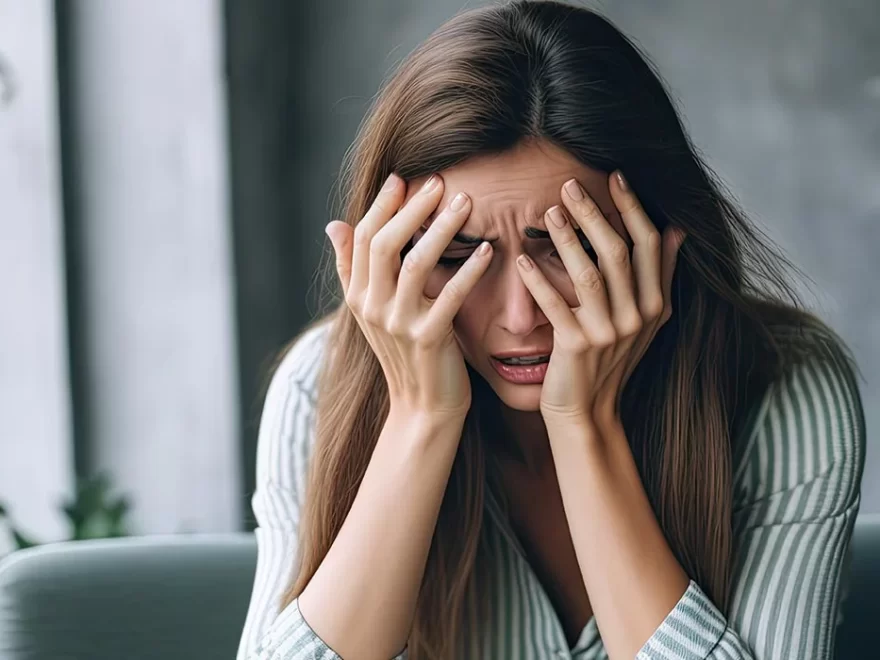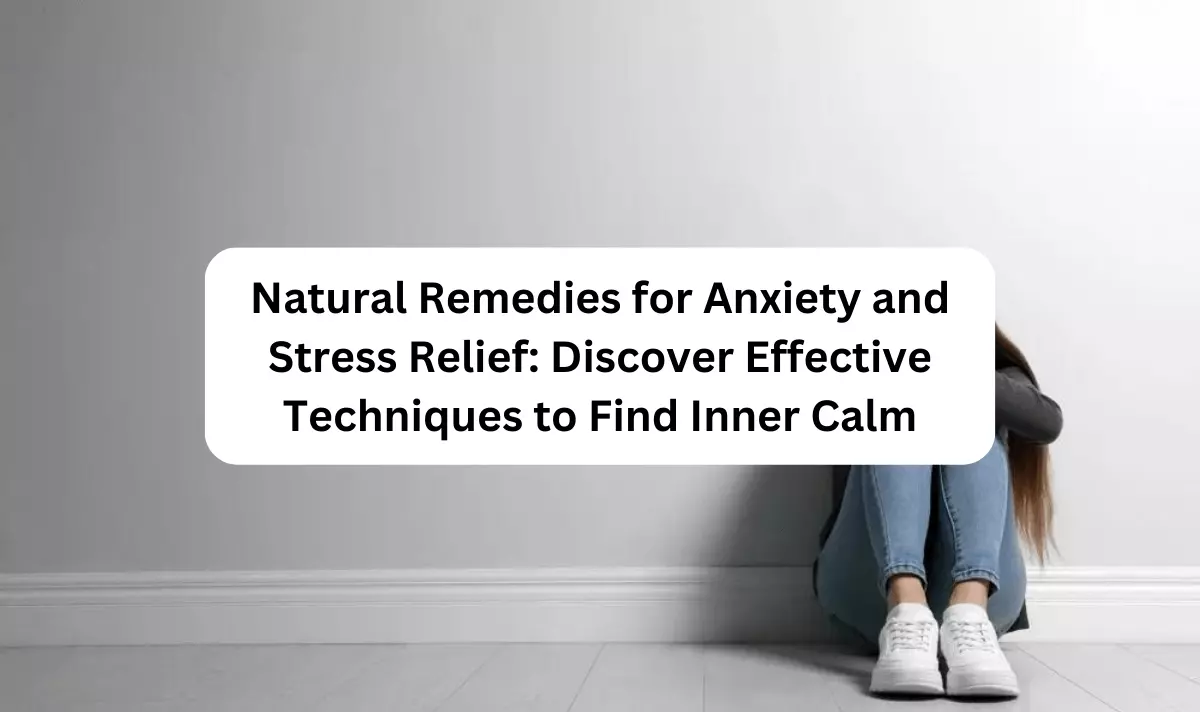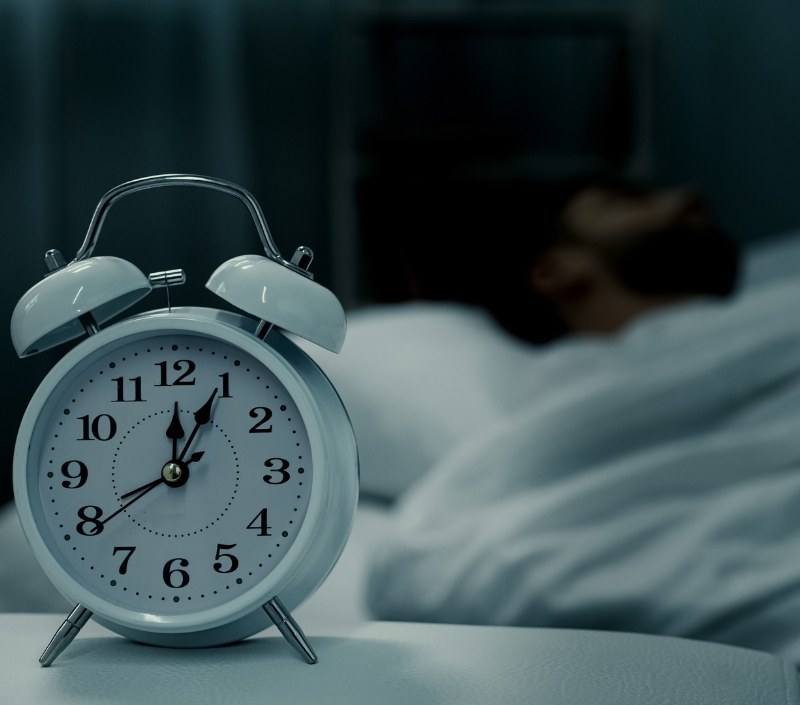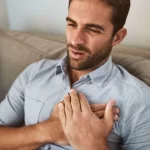Anxiety is a normal human emotion that everyone experiences from time to time. However, for some people, anxiety can become excessive, persistent and severely impact their daily life. This is the point when anxiety crosses over into being an anxiety disorder. Let’s take a look at some of the key anxiety symptoms and when to seek help from local anxiety therapists.
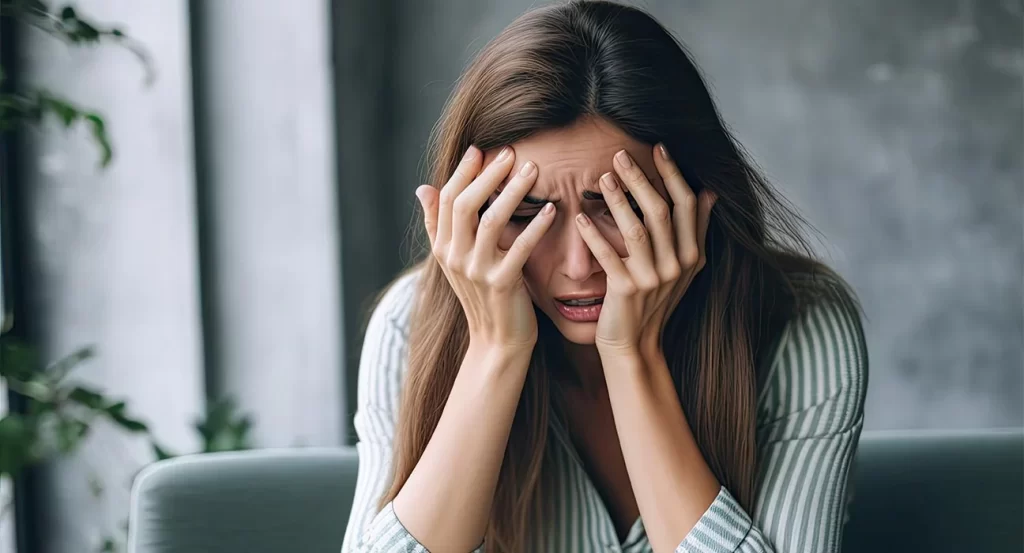
Content
Common Anxiety Symptoms
Some common physical and emotional anxiety symptoms include:
- Feeling restless, wound-up, or on edge
- Fatigue and difficulty concentrating
- Muscle tension and sleep problems
- Irritability and feeling easily overwhelmed
- Worrying excessively about everyday situations and problems
- Having difficulty controlling worrying thoughts that pop into your head
When Anxiety Becomes Unhealthy
Anxiety becomes a problem when the symptoms are frequent and severe enough to interfere with your daily activities, work, school, relationships, and enjoyment of life. Some signs that anxiety has become unhealthy include:
- Anxiety symptoms occurring more days than not for at least 6 months
- Constant worrying and being unable to control anxiety symptoms
- Avoiding places and activities due to anxiety and fear
- Panic attacks – sudden feelings of terror that strike without warning
- Significant impairment in your social or work life due to anxiety
If you identify strongly with several of these anxiety symptoms regularly, it may be time to seek help from local anxiety therapists. They can properly diagnose the severity of your anxiety and determine if it meets the criteria for an anxiety disorder.
Should You Seek Treatment?
If your anxiety symptoms are persistent, frequent, and significantly impacting your daily life, seeking help from a mental health professional is recommended. Local anxiety therapists can adequately diagnose and treat your anxiety using evidence-based therapies like cognitive behavioral therapy and medication if needed. The sooner you get help, the sooner you can start feeling better and gain control over your anxiety.
FAQs
What are some common anxiety disorders?
The most common anxiety disorders include generalized anxiety disorder, social anxiety disorder, panic disorder, specific phobias, and post-traumatic stress disorder. Each has its own set of distinct anxiety symptoms.
How can I help manage my anxiety naturally?
Some lifestyle strategies that may help reduce anxiety symptoms on their own include relaxation techniques, exercise, meditation, spending time with supportive people, and avoiding caffeine and alcohol, which can worsen anxiety. However, professional help is often still needed for severe anxiety.

Arlene Ross is a health blogger who enjoys writing on her website. Arlene has always had an interest in medicine, and she hopes to become a doctor one day. She loves reading about medical discoveries, especially when they are for rare conditions that don’t have much research yet. She also likes exploring the science behind different diets and nutrition programs.

